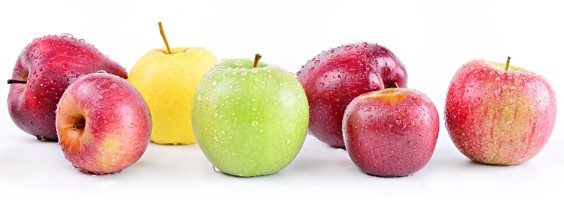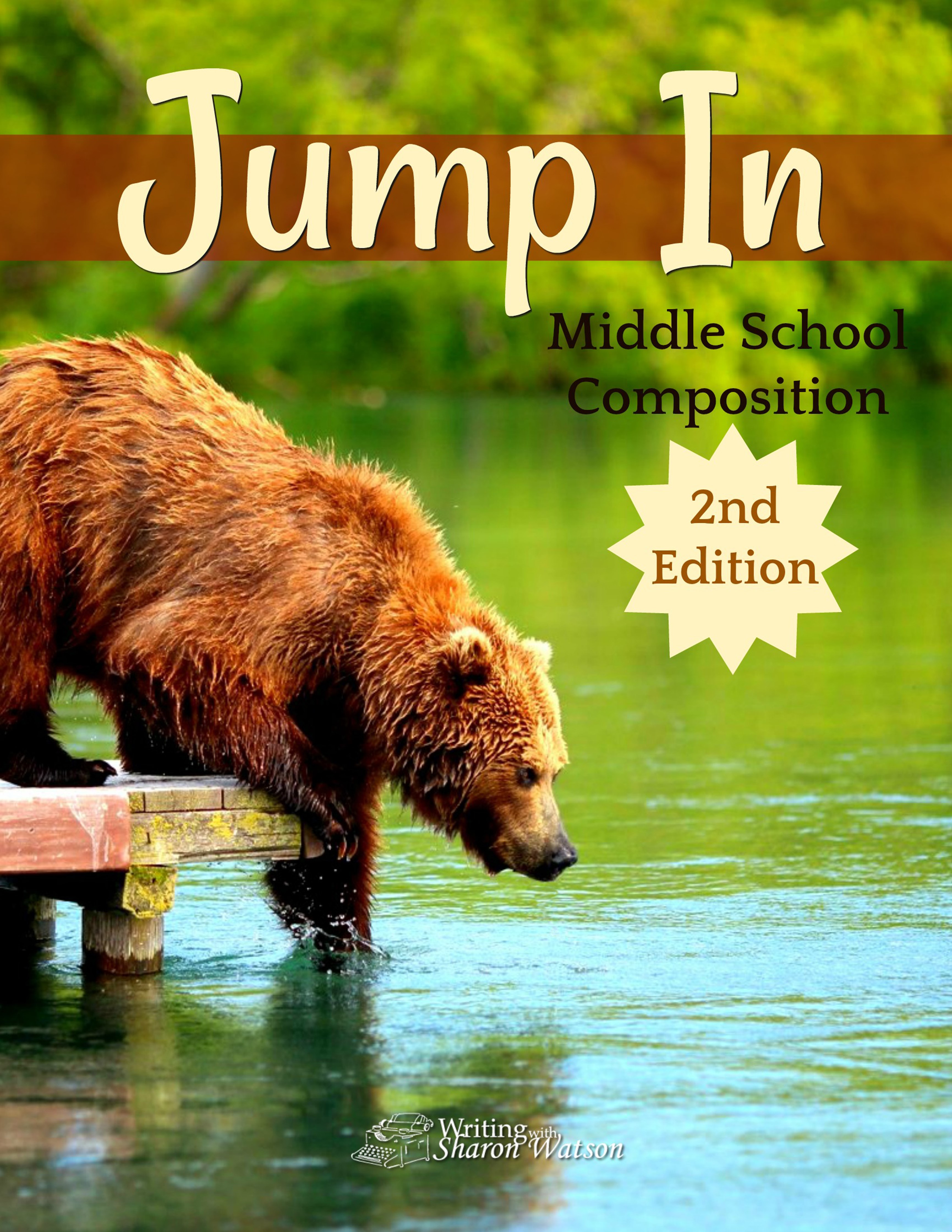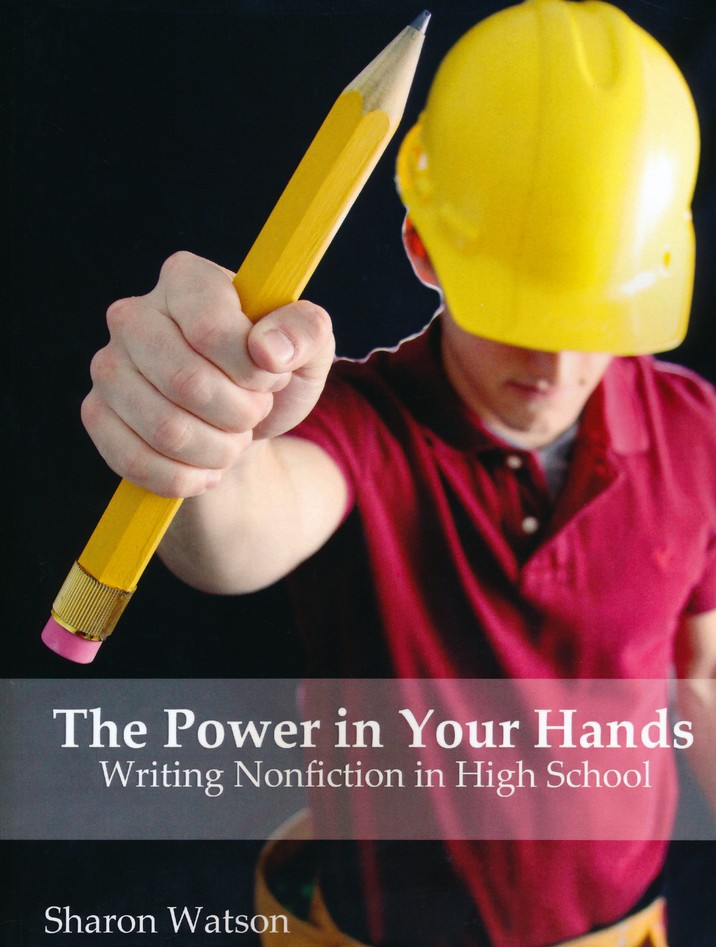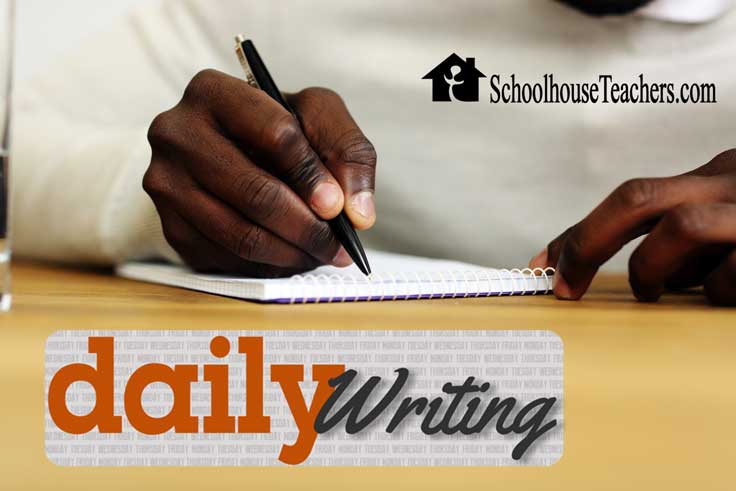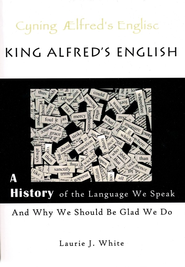Election-themed Prompts
Elections are fraught with anxiety, tension, and maybe even crying, but election-themed writing prompts do not have to be.
Your 5th – 12th graders will cast their vote for any of these interest-grabbing ideas.
No matter your political party, these prompts are winners, and you will be, too, when you share them with your students.
Stepping into the booth . . .
1.The deep meaning of fish
According to USA TODAY, 87% of anglers (folks who fish) said they would vote for a candidate who would “protect their right to fish.”
What issue is so important to you that you would vote for one candidate over another?
Note: It does not have to be any of the candidates or issues in this current election.
*****
2.The etymology of “slogan”
The history of the word slogan is an interesting one. We use it now to describe a catchphrase in advertising or in political campaigns. For instance, Kentucky Fried Chicken’s slogan is “Finger Lickin’ Good” and Subway’s is “Subway. Eat Fresh.”
For historical political slogans we have Margaret Thatcher’s “Don’t just hope for a better life. Vote for it,” the French Revolution’s “Liberty. Equality. Fraternity” (brotherhood). And here’s one of my favorites from an early American election campaign: “Do you want John Quincy Adams who can write, or Andrew Jackson who can fight?”
The way we use the word slogan today is pretty tame, but it used to mean something fierce. Originally it was a Scottish war cry, words yelled in battle to frighten the enemy.
When you look into a word’s history, you are studying its etymology, not to be confused with entomology, which is the study of insects. A word’s etymology will tell you the language of origin and what it first meant, like the fact that slogan is Scottish and meant a war cry.
Here are five words for you. You can either look up their etymology (original language and meaning) in a dictionary or invent humorous ones for them. One of them was completely made up at the time and one is extremely gross:
bonanza
gobble
mustache
serendipity
vermicelli
*****
3.The candidates’ most-used words
Let’s have some fun with U.S. presidential candidates.
Here are some popular words and phrases from Joe Biden while he ran for U. S. president in 2020, according to Wordwatch and Statista:
the fact is the fact of the matter work promise America
united winning injustice tax
According to yourdictionary.com, here are some of former-President Donald Trump’s most-used words and phrases:
huge classy zero weak Really something very special It’s never been done before terrific amazing fake news
And these are some of Hillary Clinton’s most-used phrases when she ran for U. S. president in 2016, according to fivethirtyeight.com:
To go after I think it’s important What I will do Barriers that stand in the way I want to make sure And we need to
You are running for office. Write your own speech and use at least seven of the words and phrases you find from one or both candidates.
*****
Can your students write a speech without using the personal pronoun “I”? Follow this link to find out. >>
Looking for fun middle school writing prompts? Look no further!
Engage your teen writer with these intriguing high school prompts.







